Europe's first exascale supercomputer, Jupiter, is now live
Planned uses for Jupiter include climate research, medical research and the development of multi-language LLMs

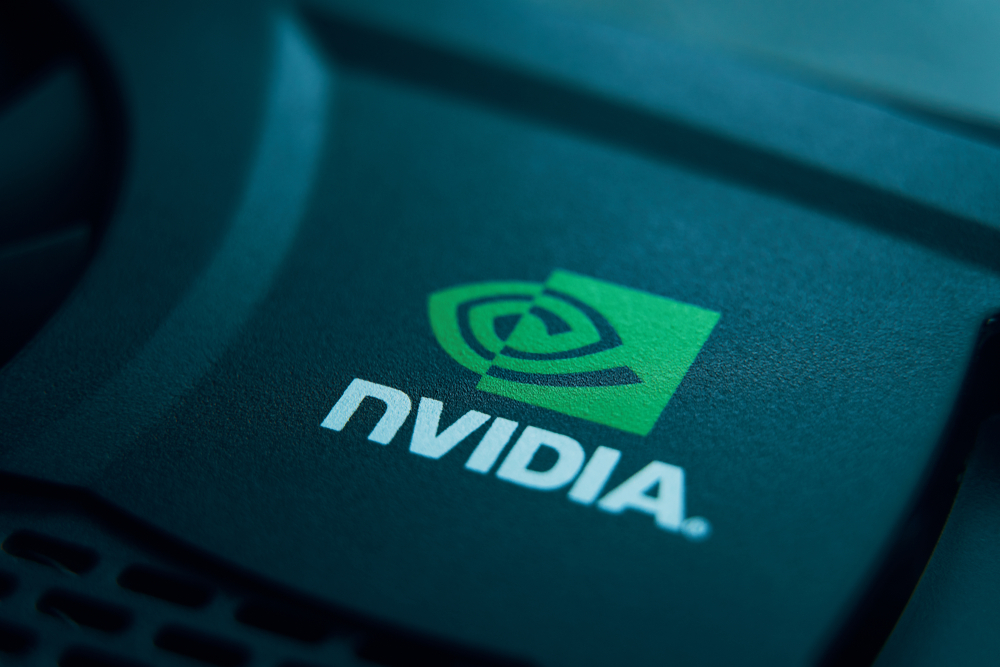
INEurope's Jupiter supercomputer has been fired up, hitting the exascale threshold of more than one quintillion operations per second.
Sited at the Jülich Supercomputing Centre (JSC), in North Rhine-Westphalia, Germany, it's the first European supercomputer to do this. It's officially ranked as Europe's most powerful supercomputer and the fourth fastest worldwide, and is expected to be the first in the world to be able to handle 50 qubits, with the current record set at 48.
"With Europe's first exascale supercomputer, we are opening a new chapter for science, AI, and innovation," said Ekaterina Zaharieva, European commissioner for startups, research, and innovation.
"Jupiter strengthens Europe's digital sovereignty, accelerates discovery, and ensures that the most powerful and sustainable computing resources are available to our researchers, innovators, and industries."
Researchers, said the Commission, will now be able to run climate and weather models at kilometre‑scale resolution, enabling much more precise forecasts of extreme events such as heatwaves, heavy storms, and floods.
The University of Lisbon, meanwhile, will use Jupiter to scale multimodal, multilingual, open language models – integrating concepts from machine learning, sparse modeling, information theory, and cognitive science. The aim is to address the limitations of existing LLMs, allowing them to support all European languages.
Other planned projects include developing therapies to combat neurodegenerative diseases like Alzheimer's and retroviruses such as HIV, as well as advancing particle physics.
Sign up today and you will receive a free copy of our Future Focus 2025 report - the leading guidance on AI, cybersecurity and other IT challenges as per 700+ senior executives
"Just as the planet Jupiter has a gravitational pull that shapes our solar system, the Jupiter supercomputer will pull Europe's research community, its start-ups, its industry, and its talent together," said Henna Virkkunen, executive vice-president for tech sovereignty, security, and democracy. "It will attract investment, stimulate breakthrough, pushing Europe forward."
"Europe gains its most advanced AI supercomputer"
Jupiter was developed at a cost of €500 million, with half coming from the EU and the rest from Germany.
It is powered by the Nvidia Grace Hopper platform, with 24,000 Nvidia Grace Hopper Superchips, based on Eviden's BullSequana XH3000 liquid-cooled architecture and interconnected with Nvidia Quantum-2 InfiniBand networking.
More than 50,000 network connections, said Nvidia, allow it to transmit three times more data than all global data traffic at any given moment.
Jupiter is claimed to be the most energy-efficient of the five fastest computer systems in the world, with more than 60 billion floating point operations per watt. And, thanks to a warm water-cooling system, it can also use the waste heat generated in operation to heat buildings, and will be integrated into the Jülich campus heating network.
"With Jupiter, Europe gains its most advanced AI supercomputer, built for large-scale simulation and AI, powered by NVIDIA Grace Hopper Superchips and Quantum-2 InfiniBand," said Jensen Huang, founder and CEO of NVIDIA.
"Jupiter fuses high-performance computing and AI into a single architecture. A platform for next-generation scientific computing, it will accelerate breakthroughs across every domain – from modeling climate and renewable energy to advancing quantum research, designing new materials and building digital twins."
Make sure to follow ITPro on Google News to keep tabs on all our latest news, analysis, and reviews.
MORE FROM ITPRO
Emma Woollacott is a freelance journalist writing for publications including the BBC, Private Eye, Forbes, Raconteur and specialist technology titles.
-
 What is Microsoft Maia?
What is Microsoft Maia?Explainer Microsoft's in-house chip is planned to a core aspect of Microsoft Copilot and future Azure AI offerings
-
 If Satya Nadella wants us to take AI seriously, let’s forget about mass adoption and start with a return on investment for those already using it
If Satya Nadella wants us to take AI seriously, let’s forget about mass adoption and start with a return on investment for those already using itOpinion If Satya Nadella wants us to take AI seriously, let's start with ROI for businesses
-
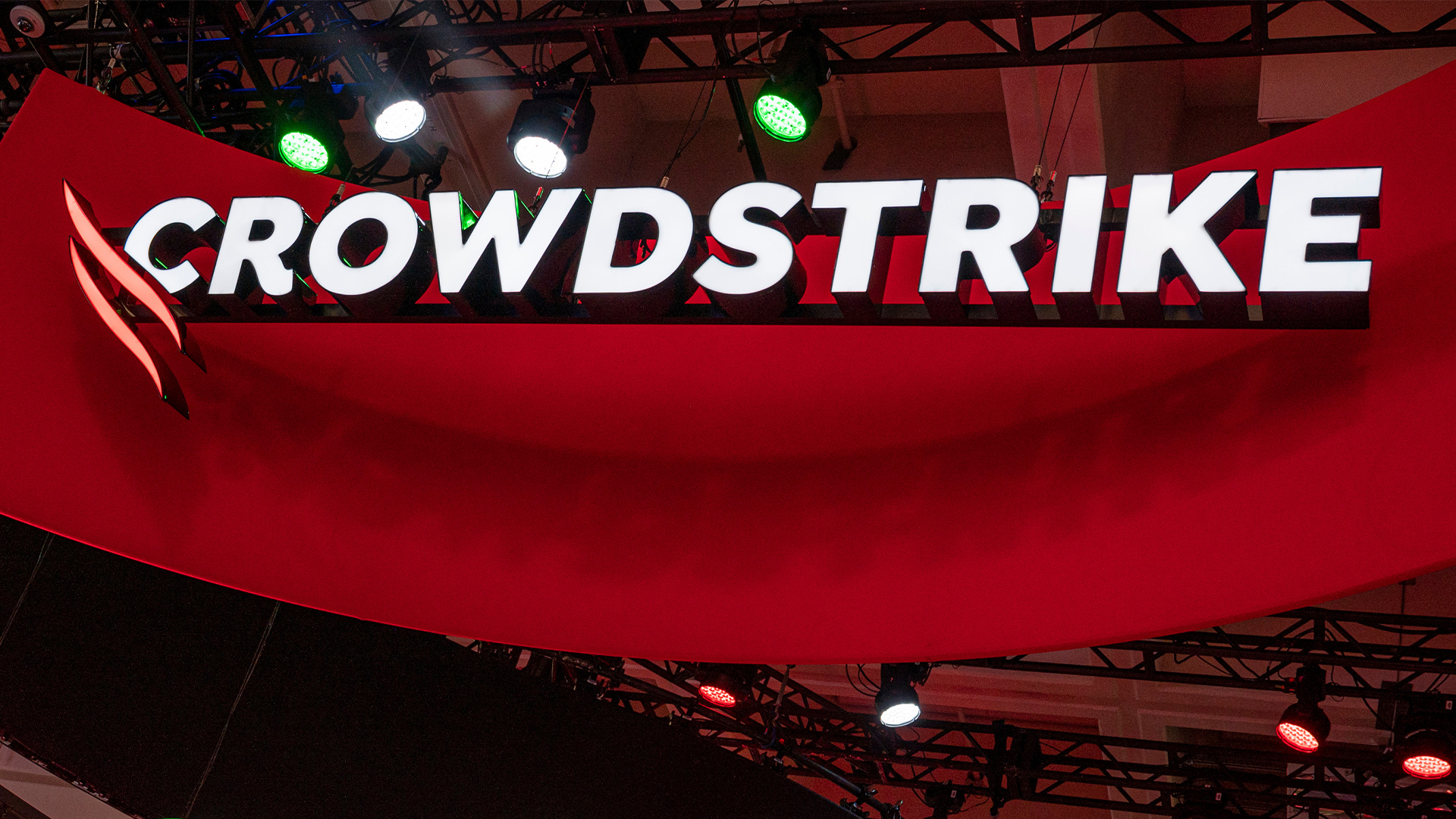 Startups get seal of approval from CrowdStrike, AWS, and Nvidia
Startups get seal of approval from CrowdStrike, AWS, and NvidiaNews 35 startups are promised mentorship, technical expertise, go-to-market support, and ecosystem visibility
-
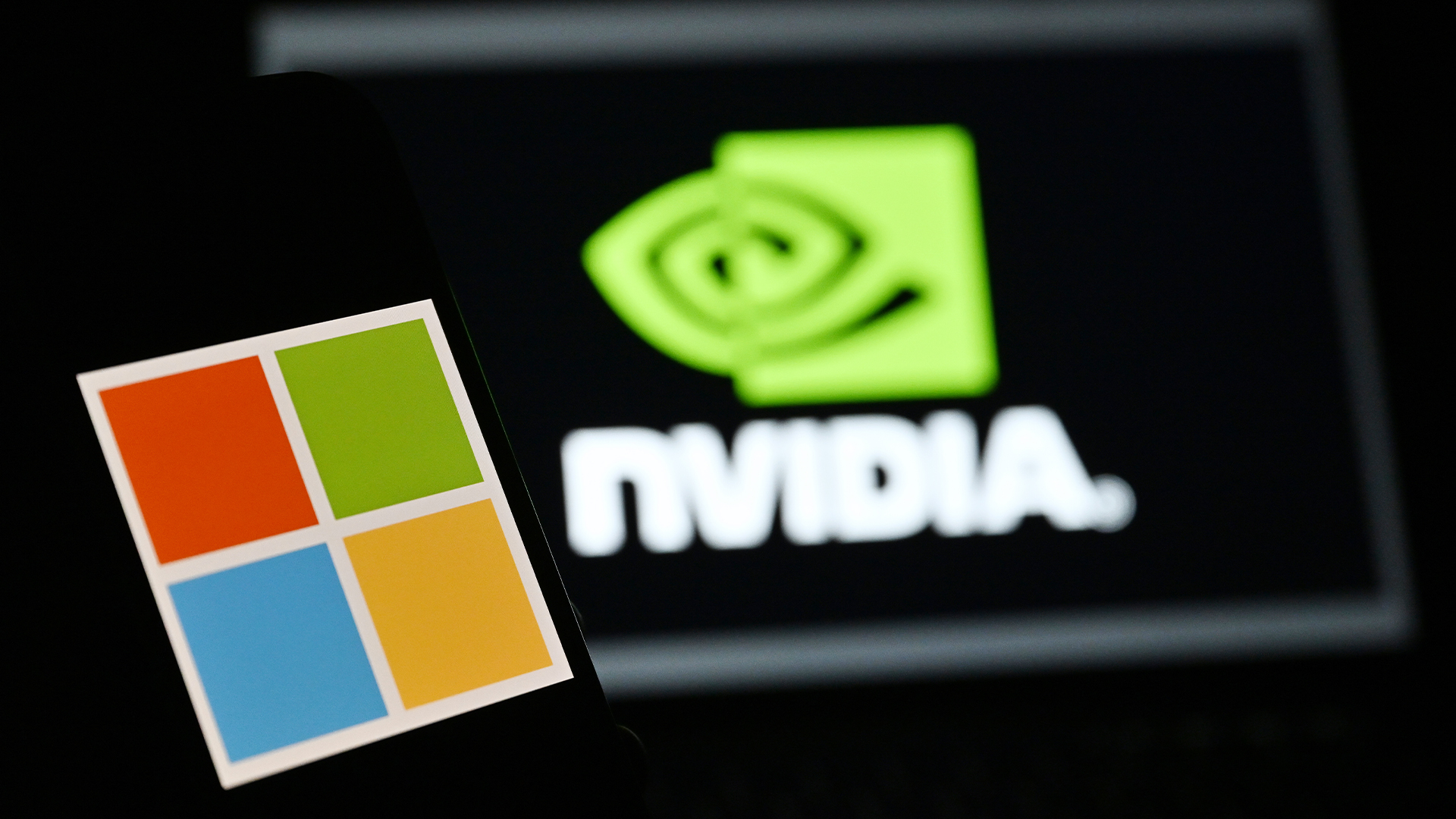 Microsoft and Nvidia are teaming up again to support UK startups
Microsoft and Nvidia are teaming up again to support UK startupsNews Agentic Launchpad will offer participants AI expertise, training and networking, and marketing support
-
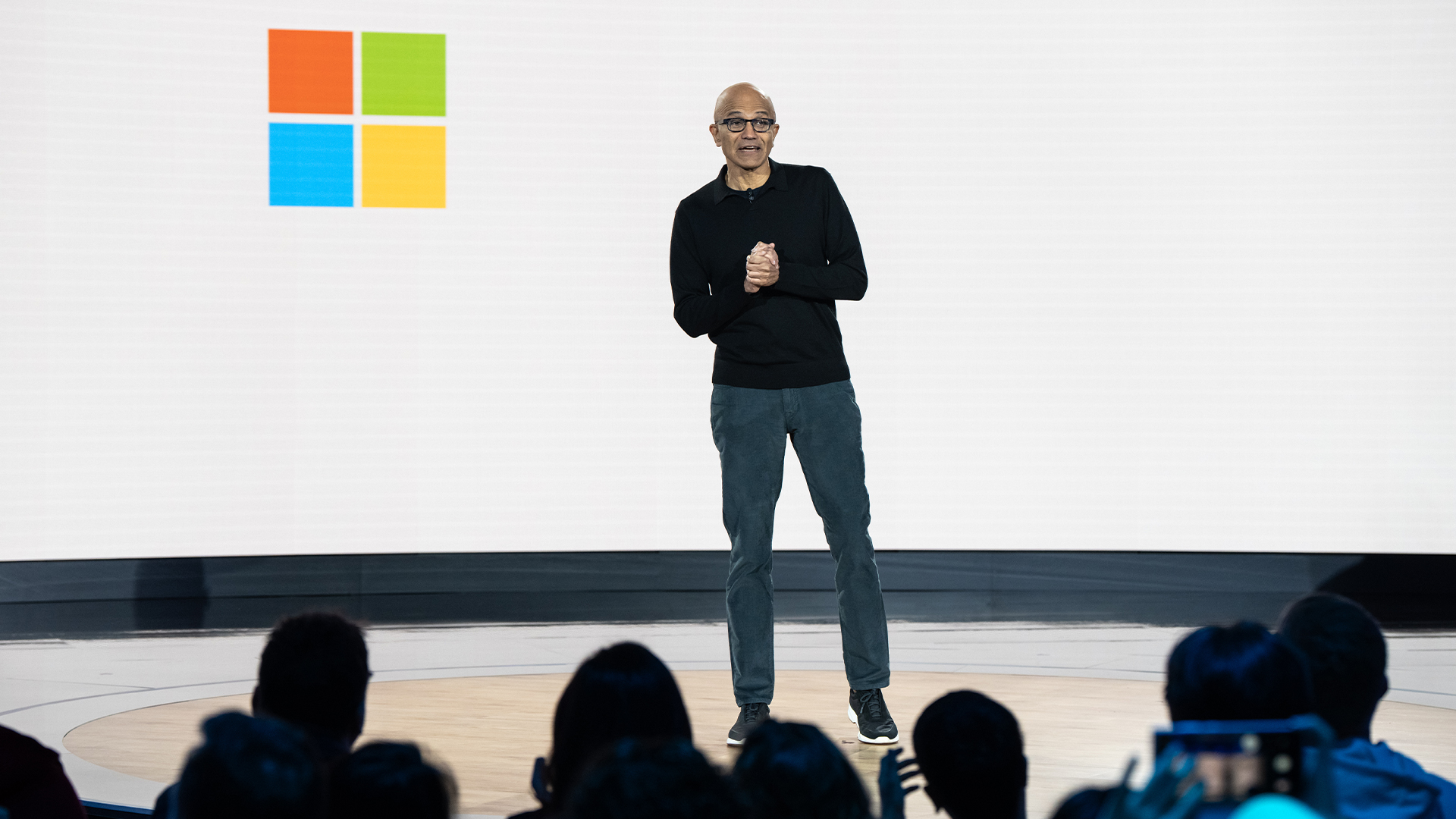 Microsoft CEO Satya Nadella says UK ties are 'stronger than ever' as tech giant pledges $30bn investment
Microsoft CEO Satya Nadella says UK ties are 'stronger than ever' as tech giant pledges $30bn investmentNews Microsoft CEO Satya Nadella says it's commitment to the UK is "stronger than ever" after the tech giant pledged $30bn to expand AI infrastructure and build a new supercomputer.
-
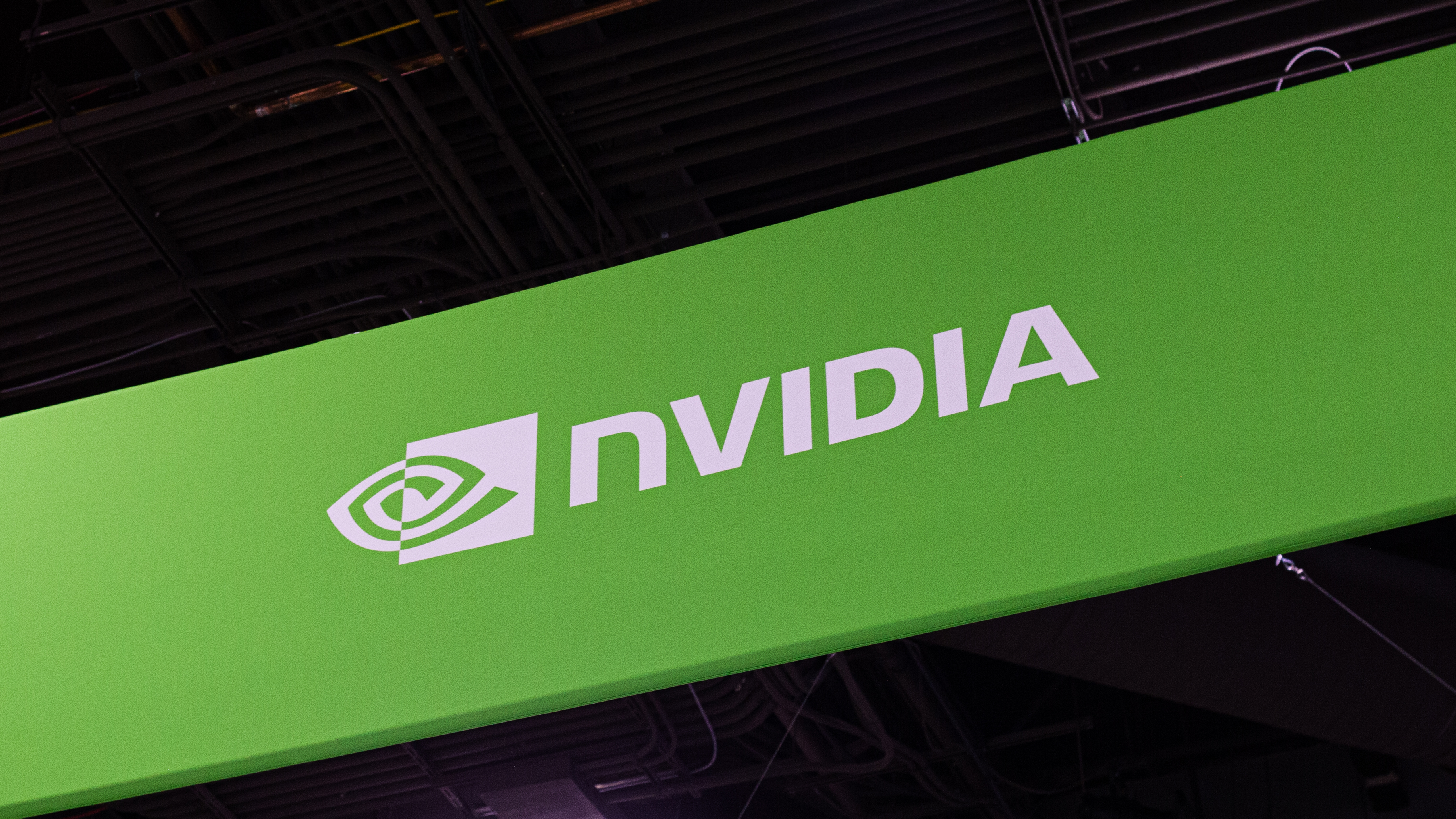 Why does Nvidia have a no-chip quantum strategy?
Why does Nvidia have a no-chip quantum strategy?As the world’s leading manufacturer of GPUs, Nvidia’s approach to quantum computing has left many experts baffled
-
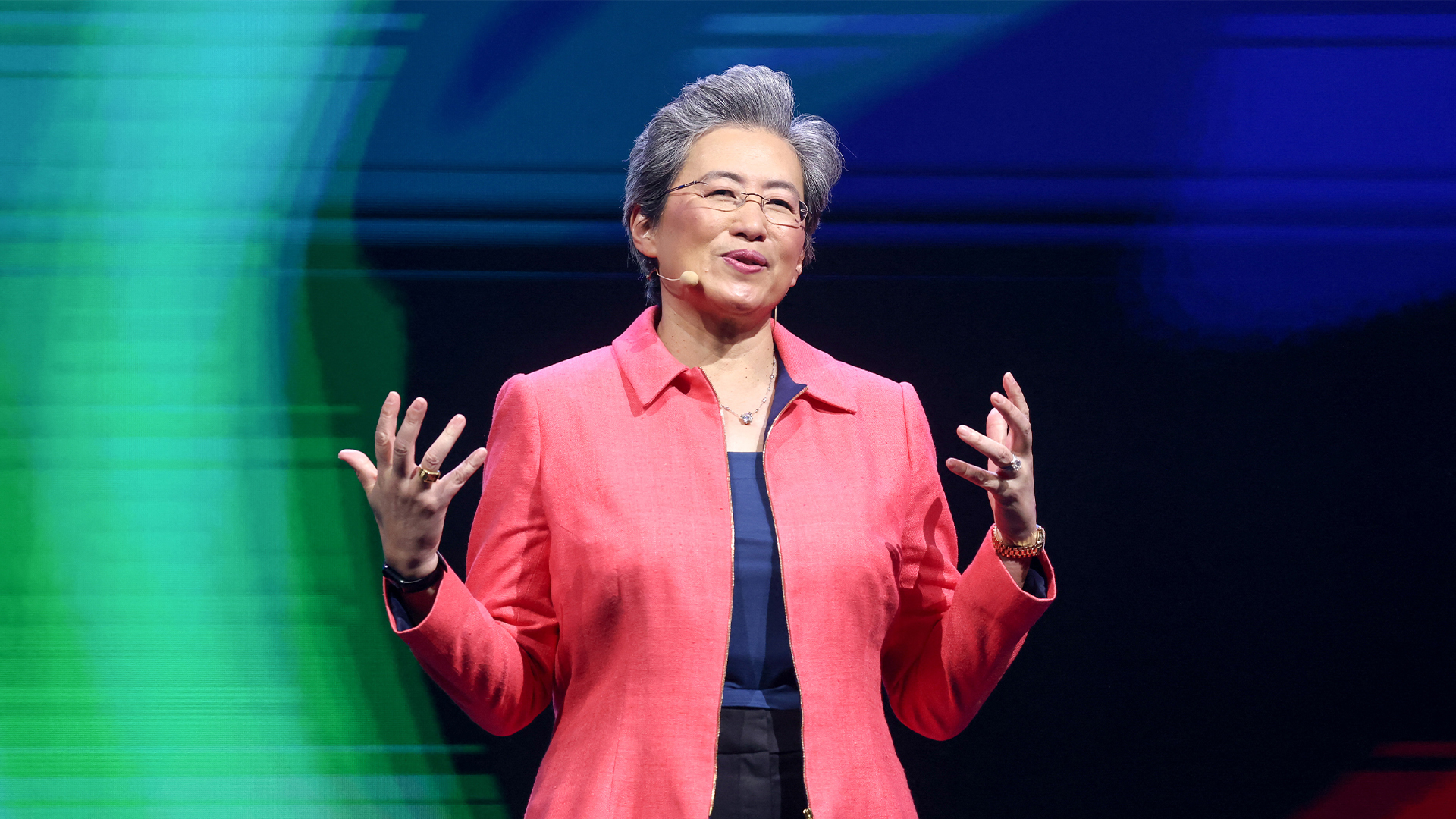 AMD to cut around 1,000 staff to focus on "growth opportunities"
AMD to cut around 1,000 staff to focus on "growth opportunities"News The AMD layoffs come after rival Intel cut staff on the back of flagging AI returns
-
 Microsoft and Nvidia are teaming up to support UK AI startups – and they want to attract firms outside of London and the South East
Microsoft and Nvidia are teaming up to support UK AI startups – and they want to attract firms outside of London and the South EastNews Microsoft and Nvidia have teamed up to launch a generative AI accelerator for UK startups.
-
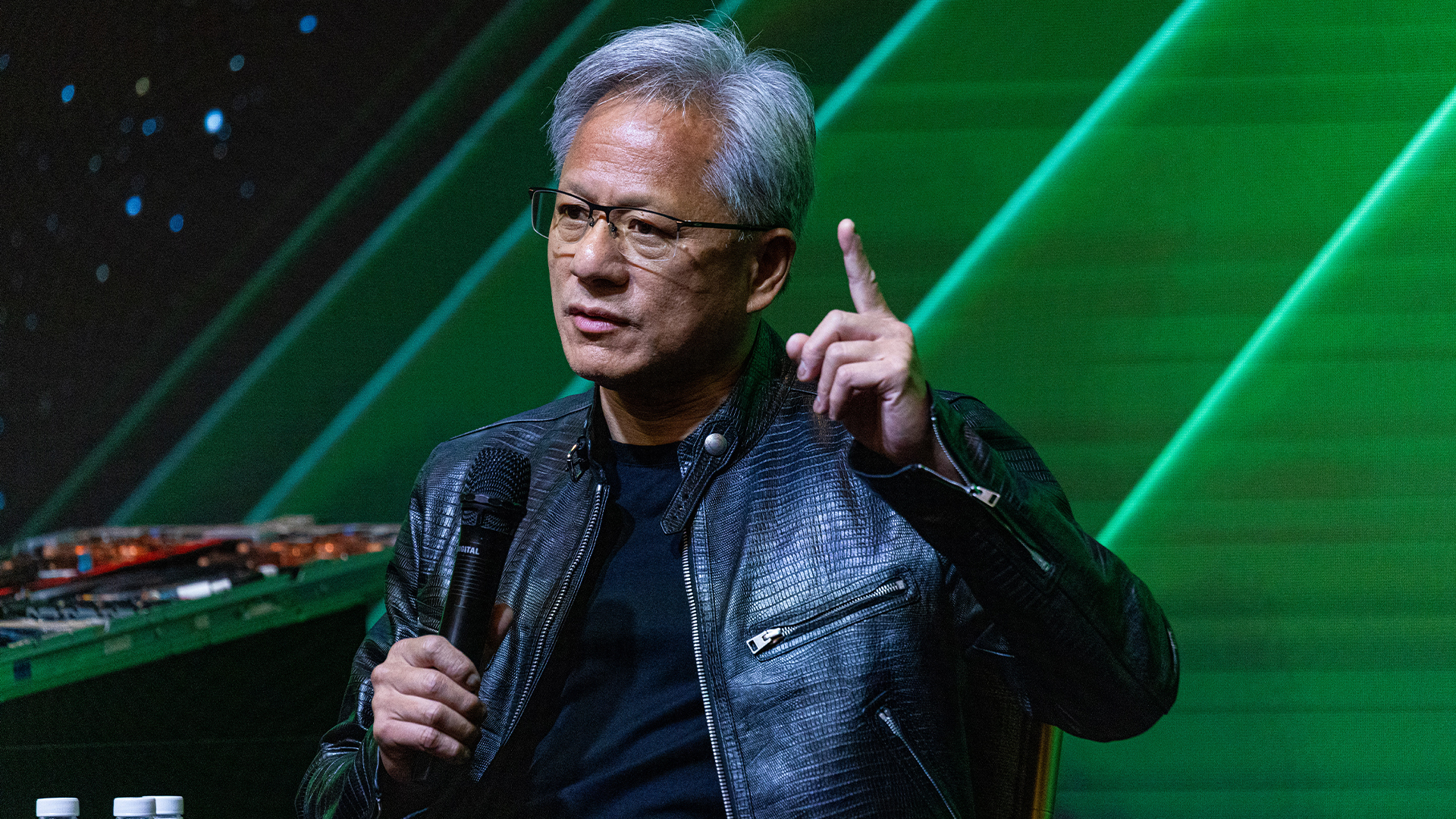 Nvidia promises to give Californians free AI training with new initiative
Nvidia promises to give Californians free AI training with new initiativeNews A new partnership between Nvidia and the state of California promises to help train 100,000 residents in AI skills and give academic institutions better access to hardware
-
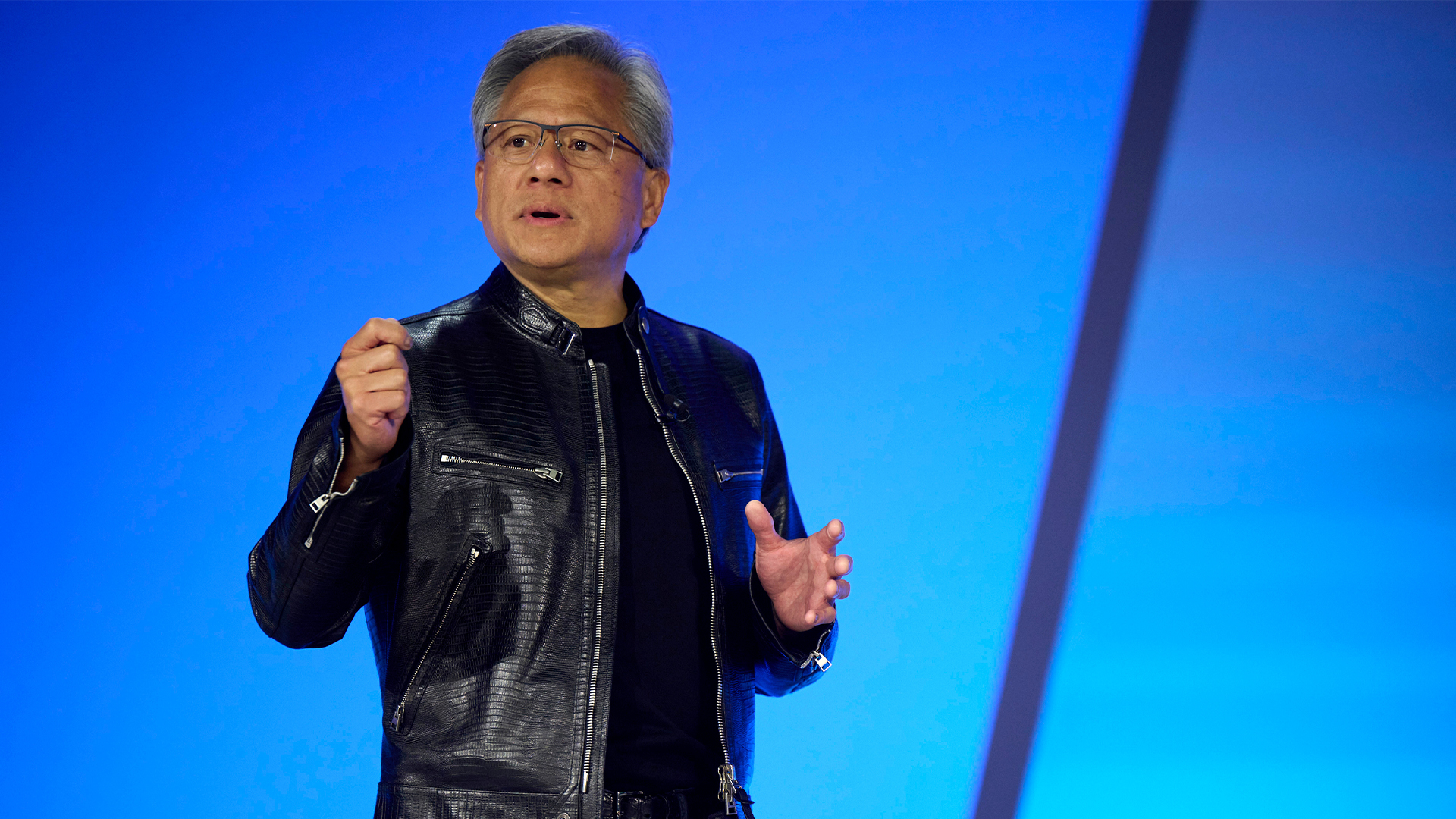 Jensen Huang has taken Nvidia to the top – but he says the 'suffering' wasn't really worth it
Jensen Huang has taken Nvidia to the top – but he says the 'suffering' wasn't really worth itNews Nvidia’s Jensen Huang waxed lyrical about the trials and tribulations of turning a startup into a trillion-dollar company
